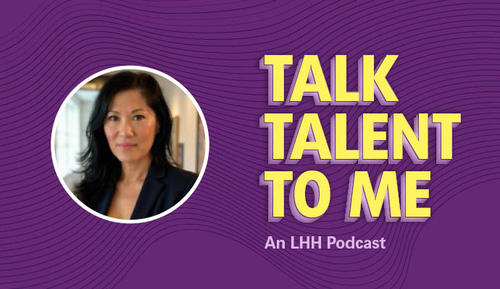Explore Insights
Fresh thinking and advice that help people see the possibilities in their careers.
Article
Feb 19, 2025
From Silver to Gold: Harnessing the ‘Silver Tsunami’
Article
Feb 19, 2025
The Leadership Lifeline: Why Every Executive Needs a Mentor
Article
Feb 19, 2025
Mind the Leadership Gap: The Confidence Crisis of Next-Gen Executives
581 results
Article
Feb 19, 2025
From Silver to Gold: Harnessing the ‘Silver Tsunami’
Article
Feb 19, 2025
The Leadership Lifeline: Why Every Executive Needs a Mentor
Article
Feb 19, 2025
Mind the Leadership Gap: The Confidence Crisis of Next-Gen Executives
Article
Feb 19, 2025
The Hidden Barrier to CEO Success
Article
Feb 14, 2025
How Much Severance Should Companies Pay?
Article
Feb 14, 2025
Can Severance Pay Be Negotiated?
Article
Feb 14, 2025
Who Is Eligible for Severance?
Article
Feb 14, 2025
Why Do Companies Offer Severance Packages?
Article
Feb 13, 2025
2025 Hiring Guides
Empower your hiring strategies with actionable insights into key market trends, emerging in-demand roles, and salary benchmarks.
Podcast
Feb 12, 2025
Self-Advocacy Strategies for Career Growth with HBP CHRO Angela Cheng-Cimini
Welcome to Talk Talent to Me – the top podcast for professionals in TA, recruiting, L&D, HR, and more. In this episode, Harvard Business Publishing CHRO Angela Cheng-Cimini discusses strategies for self-advocacy, expanding your ‘sphere of influence,’ and employee wellness programs.
Article
Jan 07, 2025
Top Outplacement Trends for 2025: Technology Enabling Human Touch
By: Greg Simpson
Article
Dec 06, 2024
How to Find Job Stability in an Unstable Job Market
In the last few years, the job market has been a rollercoaster with rapid scaling and high-profile layoffs. How can job seekers protect themselves from this volatility and move toward job security and career stability?











